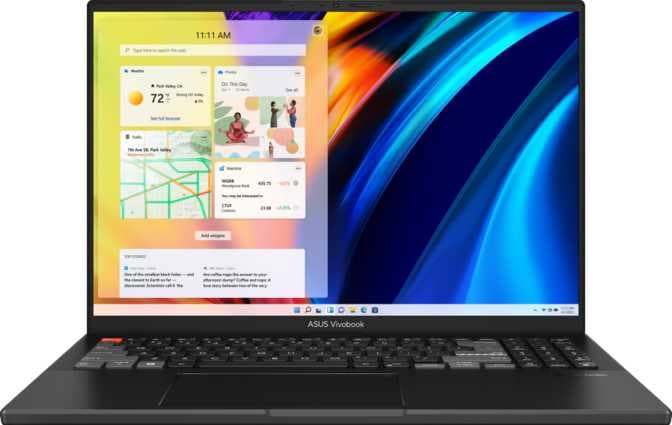Historial de precios
mín
máx
fijo

Behoof


Rendimiento
Pantalla
Tarjeta grafica
Autonomía
Almacenamiento
Conectores
TipoIPS
Densidad de pixeles188 ppi
Tamaño16 "
RAM32 GB
VRAM6 GB
Capacidad1024 GB
Geekbench 5 (varios)10920
Geekbench 5 (único)1780
PassMark (G3D)13261
mín
máx
fijo